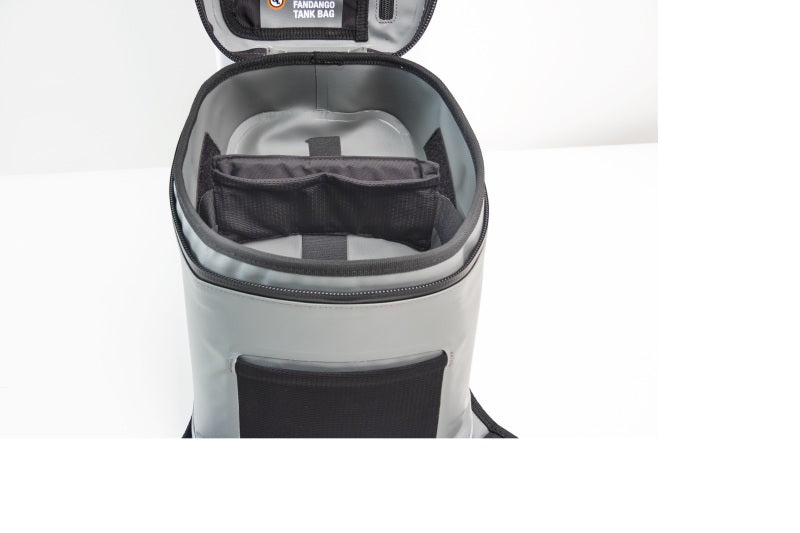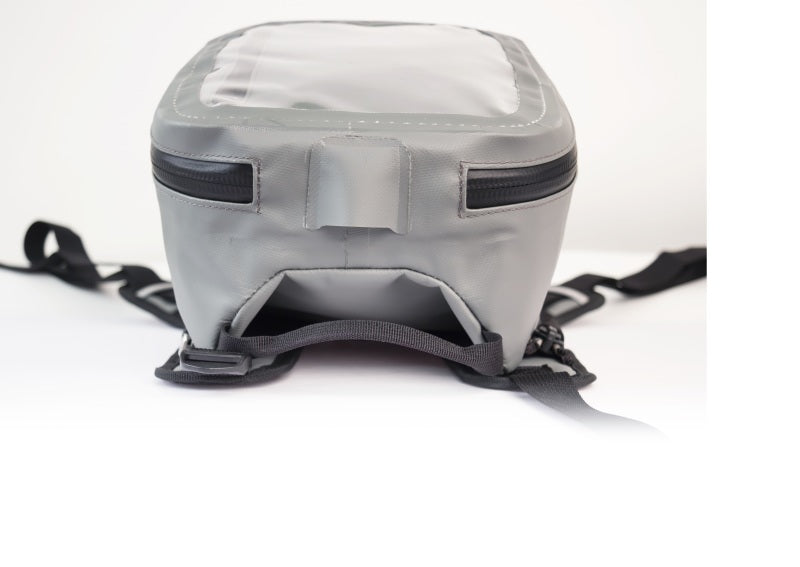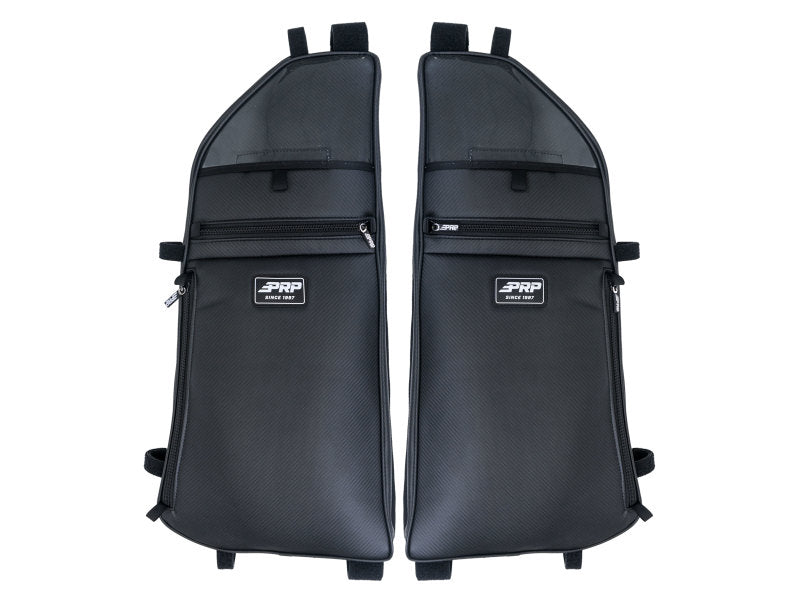Regular brake checks are essential for your vehicle's safety. They help spot early signs of wear, such as squeaks or grinding sounds, avoiding bigger problems later.
It's important to not only replace worn pads but also inspect rotors, calipers, and fluid levels for a complete checkup. Aim to have a professional look at your brakes at least once a year or every 12,000 miles, especially if you notice anything unusual.
This keeps your car safe and responsive on the road, ensuring it performs well. Understanding how brakes work can also improve your vehicle's reliability and performance.
Key Takeaways
- Regular brake inspections improve vehicle safety by ensuring optimal stopping power.
- Early detection of wear or damage prevents costly repairs and maintains brake performance.
- Inspections identify brake fluid contamination, reducing the risk of system failure.
- Professional checks can catch issues early, avoiding further damage to brake components.
- Yearly or every 12,000 miles inspections are recommended to ensure road safety and reliability.
Understanding Brake System Basics
Ensuring your vehicle's safety requires understanding the brake system. This includes knowing how brake pads, shoes, rotors, and drums work together to stop your car. Each part of the brake system plays a crucial role in vehicle stopping power.
Brake pads and shoes create friction against rotors and drums to slow or stop your vehicle. Calipers and wheel cylinders apply force to these pads and shoes, initiating the stop. If these components don't work properly, your car's braking ability could fail.
Brake lines and fluid transmit hydraulic pressure needed for brakes to work. Regular maintenance of your brake system is essential. It ensures your brakes perform well and keeps you safe. Routine checks help find issues early, avoiding expensive repairs or accidents.
Signs of Brake Wear and Damage
Knowing when your brakes need attention is key for safe driving. Squeaking or grinding sounds when braking signal worn brake pads. These noises mean the pads are thin and could harm the rotors if not fixed quickly.
You might feel vibrations or pulsations in the brake pedal. This indicates rotor damage, likely from overheating and wear.
If brake pads wear unevenly, it could point to caliper problems or brake fluid issues. This affects braking efficiency and safety.
Dashboard warning lights, including those for the anti-lock braking system (ABS), are important. They alert you to brake system problems.
A longer stopping distance or a spongy brake pedal suggests your brakes aren't working well. Address these signs immediately to avoid damage or failure.
The Role of Professional Inspections
Having your brakes checked regularly by experts can improve your vehicle's safety and performance. These technicians use specialized tools to thoroughly inspect your brakes, catching issues early to avoid expensive repairs. Their detailed checks help prevent accidents and keep your car running smoothly.
Safety is the main focus of these inspections. The technicians look for early signs of wear and damage, advising on necessary repairs. Their ability to spot minor problems ensures your safety and extends your vehicle's life.
Professional inspections also mean clear communication. Technicians explain their findings simply, helping you understand what your car needs. This clarity builds trust and guides you in making timely repair decisions, boosting your vehicle's safety and reliability.
Regular checks by professionals give you confidence and keep your car dependable.
Common Brake Inspection Procedures
Technicians check your vehicle's brake pads, rotors, calipers, lines, and fluid for wear or damage. They look closely at these parts to see how they work together. For example, worn pads can harm rotors, and bad calipers mightn't press the pads right, affecting braking.
They measure the brake pedal height, free play, and reserve distance. These are crucial for proper brake function, showing if the system engages and disengages well. Issues here could mean braking problems.
Brake fluid analysis is vital. Technicians test the fluid for contaminants and water, which can make brakes fail. This detailed inspection helps spot problems early, keeping your vehicle safe and reliable.
The Impact of Neglected Brakes
Neglecting your vehicle's brakes reduces stopping power and increases the risk of accidents and expensive repairs. It's important to have regular brake checks to catch and fix problems early.
Neglected brakes cause:
- Less stopping power and longer distances needed to stop, raising the risk in emergencies.
- Avoidable costly repairs due to early wear or damage not being fixed.
- Further damage to brake components from worn brake pads not being replaced.
- Brake fluid contamination, risking total brake system failure.
Regular brake inspections are crucial for safety and performance. They help spot wear and tear, brake fluid issues, and other problems early. This keeps your brake system working well and keeps you safe from the risks of neglected brakes.
Preventive Measures for Brake Care
To ensure your vehicle's brakes work well, it's important to have regular checks. These inspections keep brakes responsive and prevent major problems by spotting issues early.
Inspecting brake pads, rotors, fluids, and the whole system regularly is key to safety and extends the brakes' life. Early detection saves money on repairs later.
Well-maintained brakes are crucial for everyone's safety, allowing your vehicle to stop quickly when needed. Regular maintenance is a smart way to protect your investment and keep the roads safe. Taking preventive steps today avoids serious problems in the future, ensuring safety for you and your passengers.
How Often to Schedule Brake Checks
To keep your brakes in excellent condition and ensure safety, follow these guidelines:
- Have your brakes checked by professionals at least once a year or every 12,000 miles, whichever comes first.
- If you hear any unusual noises or feel vibrations when braking, get an inspection.
- Notice a longer stopping distance? It's time for a brake check.
- Regular maintenance catches small issues early, saving you money on big repairs.
These steps keep your vehicle's braking system working smoothly, ensuring safety and reliability on the road.
Choosing the Right Service Provider
When choosing a brake inspection service, it's essential to pick a provider known for accuracy and reliability, like Precision Auto Repair. This decision is key to your vehicle's safety and longevity.
Expert Technicians at reputable centers, such as Precision Auto Repair, are well-versed in various braking systems. They ensure your vehicle gets the detailed care it needs.
Choosing Precision Auto Repair means your vehicle's brakes undergo thorough checks. Their technicians can spot even minor wear or damage, crucial for your safety.
This high level of expertise and dedication to safety is vital for keeping your vehicle's braking system in top condition.
The Cost-Benefit Analysis of Maintenance
Regular brake inspections are a smart choice. They can save you up to $1,000 in future costs by catching issues early. This not only keeps your vehicle's brakes working well but also makes driving safer.
- Early Detection: Inspections find problems early, preventing up to 50% of future brake issues. This cuts down on maintenance costs.
- Maintenance Savings: Spending on brake maintenance avoids costly surprise repairs. This foresight leads to significant savings compared to the costs of ignoring brake care.
- Brake Efficiency: Maintained brakes work better. Without regular checks, brake efficiency can drop by 20%, risking your safety. Inspections ensure top performance.
- Accident Prevention: Proper brake care can lower accident risks by 30%. This keeps you and others safe and may reduce insurance and accident costs.
Investing in brake inspections now saves money later and keeps your vehicle safe.
Ensuring Road Safety Through Vigilance
Regular brake inspections are essential for road safety. They keep brakes working well and help prevent accidents. By doing these checks, you keep everyone safer on the road.
Catching brake problems early saves money on repairs later. It's a smart way to keep your car in great shape and gives you peace of mind. Dave's Auto Repair focuses on safety with every inspection, showing why it's important to take care of your vehicle regularly.
Frequently Asked Questions
Why Is the Brake System so Important for Our Safety?
Your brake system is crucial for safety because it allows your car to stop quickly when needed. Regularly checking it helps avoid accidents by identifying worn parts early. This keeps you and everyone else on the road safe. Always keep it well-maintained.
Why It Is Important to Check the Braking System Periodically?
Regular checks of your braking system are essential. They help find worn parts quickly, making sure your car can stop properly. This reduces the chance of accidents, saves on repair costs, and keeps you safe. Always remember to do it.
How Often Should a Brake Inspection Be Done?
Inspect your brakes yearly or every 12,000 miles. For frequent or rough driving, check every 6 months to stay safe.
Why Is It Important to Inspect All of the Parking Brake Components?
Checking all parking brake parts is crucial for their proper function, helping prevent failure. This avoids accidents and costly repairs, ensuring the vehicle stays safe and stable.





